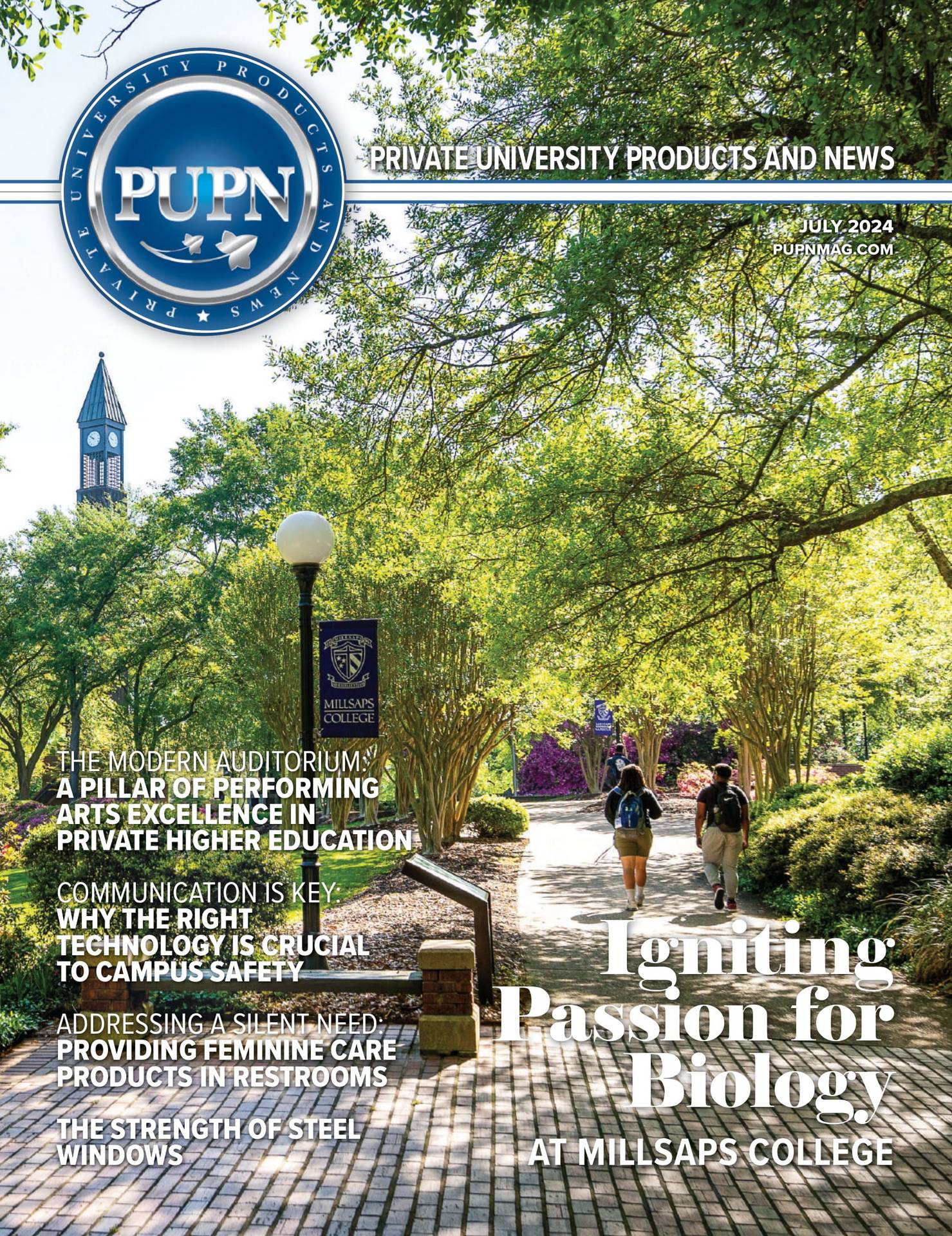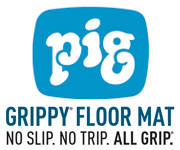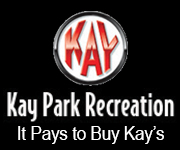As a result, COA professors routinely work across disciplinary boundaries. As Nick Harris—2012 COA graduate and co-founder of Berkeley Yeast—reports, COA is a small school, with about 350 students and one professor in each discipline. He says the college has “knocked down all department separation; the professors collaborate with the students and are not siloed.” As a professor at COA, Friedlander focuses on inviting the community and other types of knowledge into the classroom, “bringing together the subject and the world, thinking and doing.” In this model, students interact with one other and the community, implementing the things they’ve learned by “practicing in situ” to “open new worlds of knowledge.” Students thereby develop the skills to create ventures and organizations that can respond to complex, real-world needs.
Disrupting Preconceptions
Friedlander’s approaches disrupt conventional thinking and often give students profound insights to use throughout their lives. For example, Friedlander reframes the concept of failure for his students. He says that when college students are taught that they have to succeed at everything, often they become risk-averse and fear failure. These attitudes, he notes, are not helpful for exploring new answers and finding new solutions. In all of his courses, Friedlander invites students to talk about things that go wrong. “What they think of as failure is life,” he says. “The question is how you interface with it.” He hastens to add that he’s not encouraging people to fail recklessly; rather, he aims to help students understand that most things go wrong, and they need to be able to adjust and address missteps.
Friedlander also challenges the typical idea of sustainability; he views the idea as much richer than simply sustaining life. In his framework, sustainability stems from an “abundant mindset” and strives for inspiring ends: to heal the community, help people prosper, cause no harm, and repair the environment. The goal is to find ways to “recreate the world and do it in a way that is less harmful,” he says.
The Hatchery
Friedlander runs the Diana Davis Spencer Hatchery Sustainable Enterprise Accelerator, one of a few venture incubators offering academic credit at an institution of higher education. Affectionately called “the Hatchery,” this business accelerator course is equivalent to three classes, meaning that the single course represents full-time enrollment for the term. Students from multiple disciplines are represented in the class, and they focus on a variety of business types, including non-profit, scalable, and lifestyle businesses.
The class combines a post-disciplinary approach with hands-on practice; students develop expertise and business skills by actually creating businesses. Each year, five or six students take the class, and they have $30,000 in start-up funds to split. They also have access to dedicated office space and mentors from the college and community. All of this support allows the students to fully focus on developing a business venture that aligns with their passions.
Friedlander’s goal is not to pump out enterprises but to help students learn how to consider and weigh all factors in developing a business. He says that the course “is like a design squiggle—it’s not linear; failure is baked in.” As a result, success can take many forms in the Hatchery. Success could be continuing with the venture after graduation, but it might be deciding that it’s a terrible idea, understanding why and what would need to change to make it viable.
One example Friedlander gives is of a student who had been very invested in the idea of a mobile slaughterhouse. This business would answer a community need, and the student had spent two years prior to the Hatchery developing the idea. Halfway through the Hatchery class, the student realized that he didn’t want that business to be his life—and Friedlander classifies that careful examination of the idea, plus the final realization, as a success. The student also now carries deep insights about how to approach starting a business that he can apply to other opportunities.
Lifelong Benefits for Students
The Hatchery model has long-lasting and multiple effects on the students’ lives, far beyond the one venture they develop, and for many years after graduation.
Harris, the COA alum, was part of an early Hatchery cohort and says he continues to draw on his work with Friedlander. He says he focused on chemistry in his studies at COA because he was interested in brewing beer, and he learned chemistry by sinking his teeth into this interest. Harris also took many of Friedlander’s classes. In one yearlong class, teams were asked to go into the Mt. Desert Island community and identify business opportunities that could create positive change on the island. His team found that a great deal of organic waste was generated on the island, then trucked off as waste, while fuel was being trucked onto the island. His team settled on the concept of using an organic waste stream and fermentation to produce butanol, which is a “drop-in replacement for gasoline.” This project shows how Friedlander encourages students to interact with the community to imagine abundant sustainability.
In the next class that Harris took with Friedlander, he developed the business plan for Gourmet Butanol, with the tagline “Turn yesterday’s eggplant parmesan into tomorrow’s fuel.” With the business plan developed, Harris applied for a NASA grant, which was funded. He was also funded for an EPA grant and won the sustainable business category of a statewide pitch competition. His business was also accepted to the Hatchery, which provided more funding and support. After graduation, he built a small butanol production facility at a community college in Colorado. At this point, he realized that the project would face many hurdles if it were to be realized on Mt. Desert Island, and it was bigger than he wanted to take on.
Even though Harris did not ultimately create the business, he says “it is hard to imagine a better learning experience.” He recalls being fully supported by Friedlander throughout the process of exploring and developing the business, learning to “think critically about issues and creatively about solutions.” Harris eventually decided to pursue a PhD in microbiology at Berkeley, and “the application essay wrote itself” as he reported his educational experiences with Friedlander. He appreciates the ways that his entrepreneurial background helped in graduate school and wrote a successful National Science Foundation Graduate grant proposal that covered the program costs.
While still in graduate school, Harris teamed up with several other students to launch Berkeley Yeast, a company that genetically engineers yeast for the beer and wine industry. Because the yeast can convert the flavors, they can use hops that have been grown on marginal land and eliminate some of the energy-intense parts of the production process. Harris says that this business has allowed him to combine his passion for science with the entrepreneurship he learned from Friedlander. He is proud to be pushing the beer and wine industry forward in this venture-backed business with 30 employees. He credits Friedlander with teaching him the things he needed to know to be successful in this business, and he uses those skills daily in his current role.
Another student who attributes his successes to Friedlander’s mentorship is Surya Karki, co-founder and country director United World Schools Nepal and co-founder and sales and marketing director of Delish Dairies. He says that Friedlander is his “go-to person, mentor, and advisor.” One of Friedlander’s gifts, Karki notes, is that he answers questions with questions, not answers. Karki observes that this approach gave him the ability to question anything—class content, colleagues, himself.
In working with Friedlander and identifying his passions, Karki realized he had a “massive passion for education,” and he wanted to develop “lasting solutions to transform” education in Nepal. As a student, he established a foundation in the United States to support Nepalese education. During his junior year, he did an advanced independent study with Friedlander, focusing on creating a hybrid non-profit/ for-profit model for his project. He had to think about how to finance the solution, sustain the solution, and grow the solution to create more impact—skills and approaches he still uses today in his work.
In 2015, Karki took the Hatchery so that he could finally implement the model of building community schools in collaboration with the local government. His goal was to go to Nepal and build five schools, so he started fundraising for his low-cost, high-quality education model. Friedlander, he says, was his “constant supporter and critic.” Karki was in Nepal in 2015 when the devastating earthquake struck. Friedlander, always focused on the community around a venture, asked how they could galvanize support. Karki said they agreed to scale down their expectations and form an organization and fundraiser for an educational system to build back after the quake. When he graduated COA, Karki had contracts with donors for $3 million over five years. UWS Nepal now works with over 13,0 rosalindfournier@gmail.com 00 students and has built—and continues to sustain—76 schools.
Karki appreciates that Friedlander “nurtures people with ideas, letting those ideas flourish.” Friedlander also continues to mentor Karki, who is still developing new ventures. He recently started Delish, the first Greek yogurt company in Nepal, and he says that Friedlander is still asking questions he hadn’t thought of yet.
The Human Ecology Lab in Osakikamijima (HELIO)
Friedlander has been deeply involved in helping these approaches to education take root in Japan. After the Fukushima nuclear accident, the Japanese ministry of education determined that the accident was a failure of education—of planning safeguards, imagining what could go wrong, and figuring out how to respond to the myriad problems created by the event. Hiromi Nagao, a former university president in Japan, wanted to develop an educational system which would encourage students to look at the world in more complex ways, and she contacted COA to partner in this endeavor.
The partnership began in 2016 with a 10-day summer institute, the Human Ecology Lab and Island Odyssey (HELIO) in Osakikamijima, a small island on an inland sea. When COA started HELIO, about a third of the houses on Osakikamijima were vacant, and the majority of the population was over 60 years old. Island leaders were wondering how they could renew the economy in a way that would ignite community from within. Students in the four HELIO programs have worked with the people on the island; they are there to learn from the people, not to be the experts imparting their knowledge. As Friedlander points out, the goal of such an education is not training people to be academics but finding ways to make the community more abundant.
The HELIO initiative has led to the establishment of Setouchi Global Academy, COA’s new affiliate school on the Seto Inland Sea. According to a recent COA article, the school’s mission aligns with Friedlander’s approaches: “learning how to think critically and creatively, connecting to and contributing positively to the local community, learning about Japanese cultures, history, and traditions, and growing intellectually and emotionally through interactions and experiences.”
Friedlander has crafted a model that works equally well for educational contexts and business ventures. In focusing on solving community problems collaboratively and creatively, he opens the doors to innovation and excitement. This educational vision not only prepares students to “face a world that’s volatile,” as he states; it also nurtures ways of thinking that can truly produce abundant sustainability around the world.










